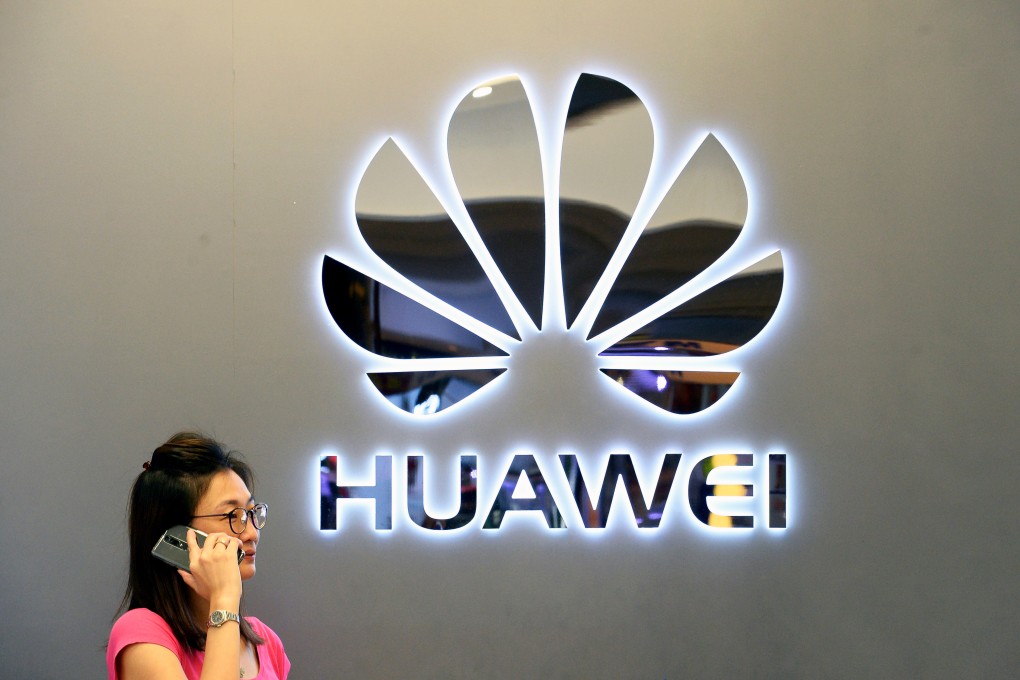Advertisement
Huawei forms new teams to advance into digital finance, energy, manufacturing, public services sectors amid US sanctions
- The new teams now bring to 20 Huawei’s total number of so-called legions, which are cross-departmental groups that work on specific industries
- These legions reflect Huawei’s goal to expand its revenue sources, while working to stay relevant in the smartphone and telecoms equipment markets
Reading Time:3 minutes
Why you can trust SCMP

Chinese telecommunications giant Huawei Technologies Co has set up five new business organisations to further diversify its operations, as its core smartphone and international carrier equipment operations continue to struggle under US trade sanctions.
These so-called legions will each focus on specific industries that include digital finance, energy, machine vision, manufacturing digitalisation and public services, according to a video announcement posted on Shenzhen-based Huawei’s online employee forum on Tuesday.
“A legion is an elite organisation focused on business exploration and cultivating business models,” Huawei founder and chief executive Ren Zhengfei said in the video.
Advertisement
The addition of these five new organisations – essentially, cross-departmental teams with a mission to work on specific industries – now brings to 20 the total number of legions established by Huawei since starting the initiative in October last year.
The creation of legions reflects Huawei’s goal to quickly expand its revenue sources, while working to stay relevant in the global smartphone and telecoms carrier equipment markets.
Advertisement
Advertisement
Select Voice
Select Speed
1.00x
